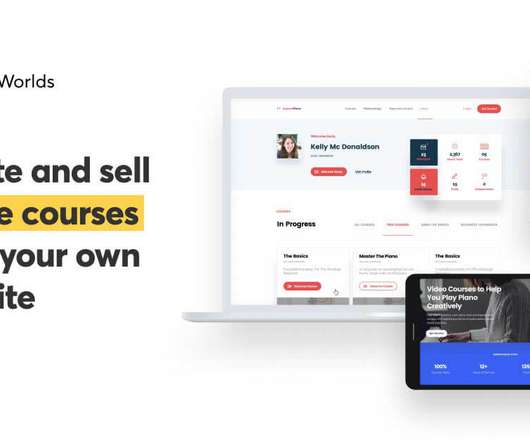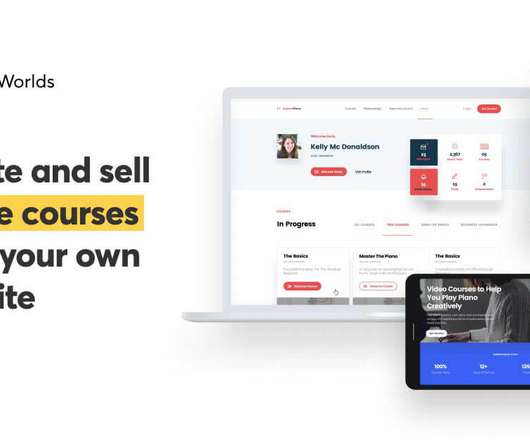Where I Get Blog Post Ideas
Experiencing eLearning
APRIL 9, 2024
When I talk to people about starting a blog, newsletter, LinkedIn posts, or other content marketing, they often confess that they’re worried they don’t have anything to write about. They ask how I come up with ideas, especially when I’ve been blogging so long. I also bookmark articles for my posts of curated links.

















































Let's personalize your content